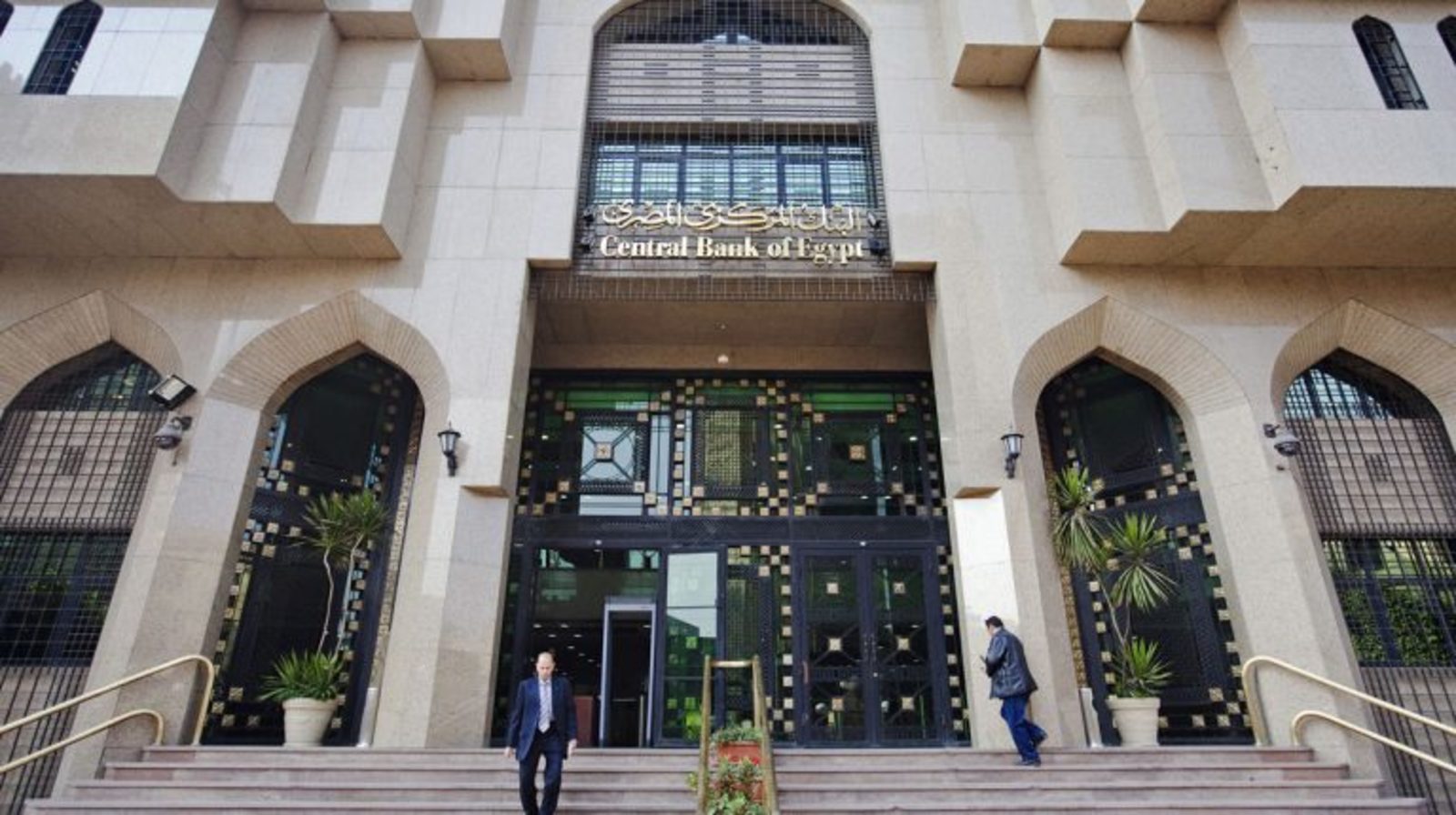CBE holds interest rates for fifth consecutive meeting

The Central Bank of Egypt’s Monetary Policy Committee (MPC) left interest rates unchanged for a fifth consecutive meeting on Thursday as it looks to preempt a possible rise in inflation on the back of spiraling global commodity prices. Overnight deposit and lending rates remain at 8.25% and 9.25% respectively, while the main operation and discount rates were kept unchanged at 8.75%, the bank said in a statement (pdf) following the meeting.
The move was forecast by all 11 analysts and economists we polled prior to the meeting, who cited local inflationary pressures driven by rising commodity prices abroad.
The CBE said the hold is “consistent with” achieving its inflation target of 7% (±2 ) on average by 4Q2022 and price stability in the medium term, the statement read. Egypt's “leading indicators point towards a sustained momentum of recovery across the board,” with global economic conditions “expected to remain accommodative and supportive of economic activity over the medium term,” the CBE added.
Domestic inflation accelerated at its fastest rate this year in May, with the annual headline rate rising to 4.8% due to a jump in food costs and an unfavorable base effect. This comes after an unexpected decline to 4.1% in April, with rates holding steady at 4.5% in March from February.
The central bank expects inflation to pick up in the coming months: “Inflation readings are expected to continue to be affected by unfavorable base effects in the near term,” the bank said.
The cause: Surging energy and food prices? Global oil prices recently hit highs not seen since October 2018, and a persistent combination of tight supply and rising demand is leading a growing number of analysts to forecast USD 100/bbl oil. Meanwhile, food prices accelerated at their fastest rate in more than a decade in May, something to policymakers here pay careful attention given we’re the world’s largest importer of wheat. This comes as droughts in South America tighten the global supply of grains including corn and sugar, which will increase the cost of livestock. But farmers from the US to Russia are said to be expecting a good Northern Hemisphere harvest, which could balance out the impact somewhat.
Let’s not get too carried away, though: Few are forecasting average inflation to rise above the central bank’s target rate — or even into the upper bound. Capital Economics sees annual inflation peaking at 6% in September, EFG Hermes’ Mohamed Abu Basha sees 5.5-6.0% inflation in December, and HC Securities’ Monette Doss has forecast an average 6.8% through the rest of the year.
The hold means that Egypt continues to have the world’s highest real interest rate and maintain its position as the most lucrative carry trade for foreign investors — a core objective of the central bank as it looks to preserve a key source of hard currency. EGP-denominated bonds have risen 5% so far this year, making Egypt the best emerging-market performer after Argentina and South Africa, according to Bloomberg Barclays indexes. Total foreign holdings of Egyptian debt stood at between USD 28-29 bn at the end of May, a strong recovery after declining during the emerging markets sell-off back in 2020 during the early days of the pandemic.
Serious inflation kicking off in other emerging markets may force other countries to raise rates and the global trend towards monetary tightening has left the central bank “no room for any cuts for the time being,” Israa Ahmed, an economist at Pharos, told us. Brazil and Russia are now hiking interest rates in response to inflation, which has risen to multi-year highs on the back of the global commodities boom.
And emerging markets are keeping a close eye on developments across the Atlantic: The Federal Reserve’s indication last week that it could move to raise interest rates and scale back its stimulus program earlier than expected could put pressure on flows into emerging market debt. Higher yields stateside and a stronger greenback are generally negative for emerging markets, which can see an unwinding of carry trade positions and capital outflows.
Looking ahead: Capital Economics thinks there might be room in 4Q2021 for a rate cut, provided inflation remains below the central bank’s target range, while Abu Basha tells Bloomberg that he isn’t expecting any changes until 2022 given the “alarming” risk of inflation and rate hikes in other emerging markets.
The story is getting attention in the foreign press: Bloomberg | Reuters.